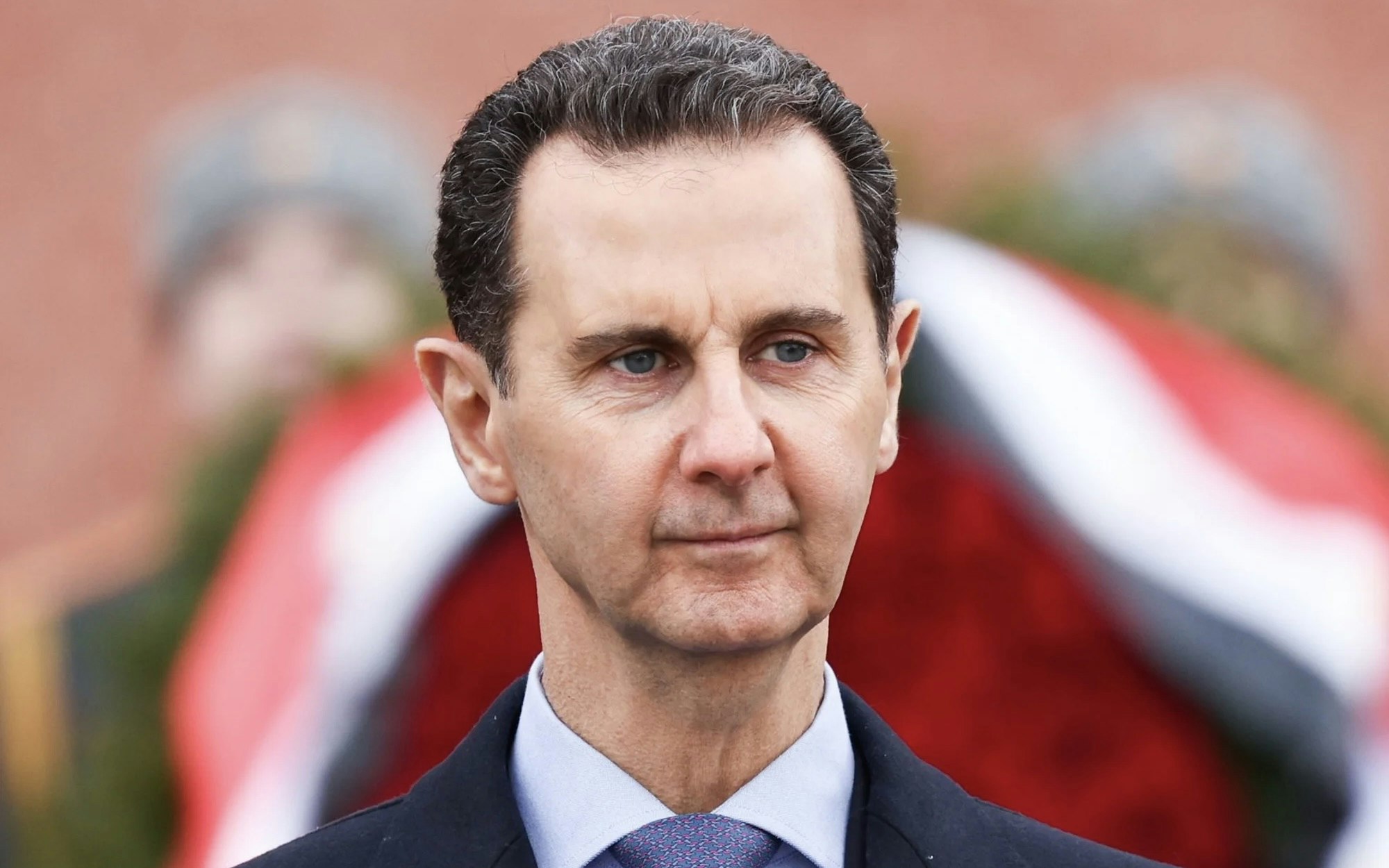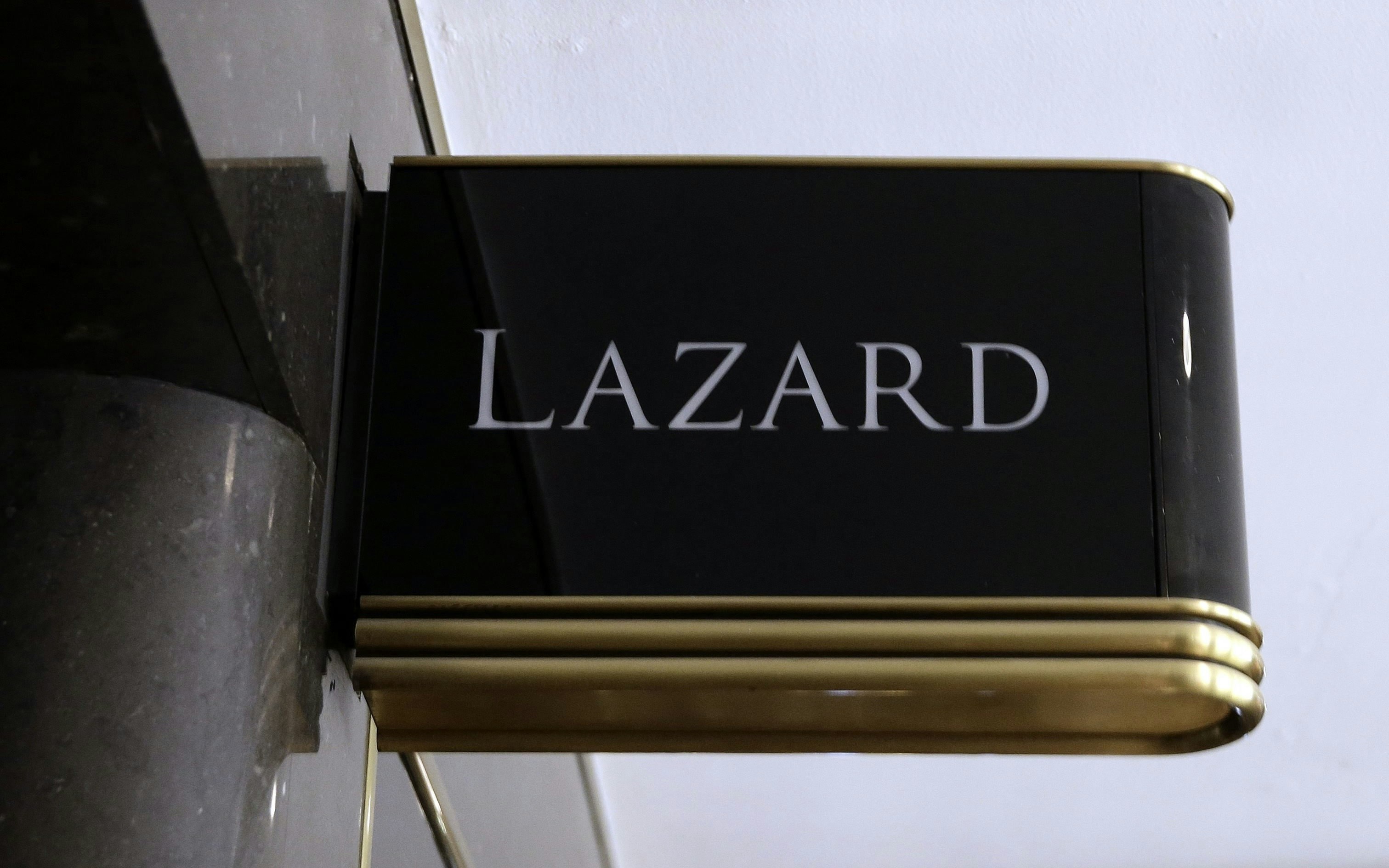Politics
Rebels Overthrow Assad Regime: An Era in Syria Ends Dramatically
The future of Syria is now being renegotiated by international and regional actors. The rebellion has toppled Assad, but the path to stability and peace remains uncertain.

Syrian President Bashar al-Assad has left the capital Damascus and announced his resignation following a surprise offensive by rebels led by the Islamist group Hayat Tahrir al-Sham (HTS). This was confirmed by the Russian Foreign Ministry on Sunday. The spectacular capitulation marks the end of a 50-year Assad dynasty and an era full of violence and oppression.
Within twelve days, HTS and allied groups shook the Assad regime. After the capture of Aleppo, the rebels marched south and took Damascus without significant resistance. Russia, a longtime supporter of Assad, confirmed that the president had left the country. Assad is believed to be either in Russia or the United Arab Emirates.
In a speech on Syrian state television, HTS leader Abu Mohammad al-Jolani declared: "The city of Damascus is free from the tyrant Bashar al-Assad. The people of Syria have won." The news sparked cheers in Damascus, with thousands celebrating in the streets. "It is a historic moment," said a resident.
The US government welcomed the development and emphasized the need for a peaceful transfer of power. President-elect Donald Trump wrote on Truth Social: "Assad is gone, Russia no longer wanted to protect him." Israel also spoke of a "historic day" and linked the events to its successes against Iran and Hezbollah.
But the future of Syria remains uncertain. The loss of power by Assad leaves behind a torn country, marked by rival factions and international interests. Turkey and the USA, both with strategic goals in the region, expressed concerns regarding the control over weapons and extremist groups.
Assad's downfall is not only a turning point for Syria, but also a strategic defeat for Iran and Russia.




